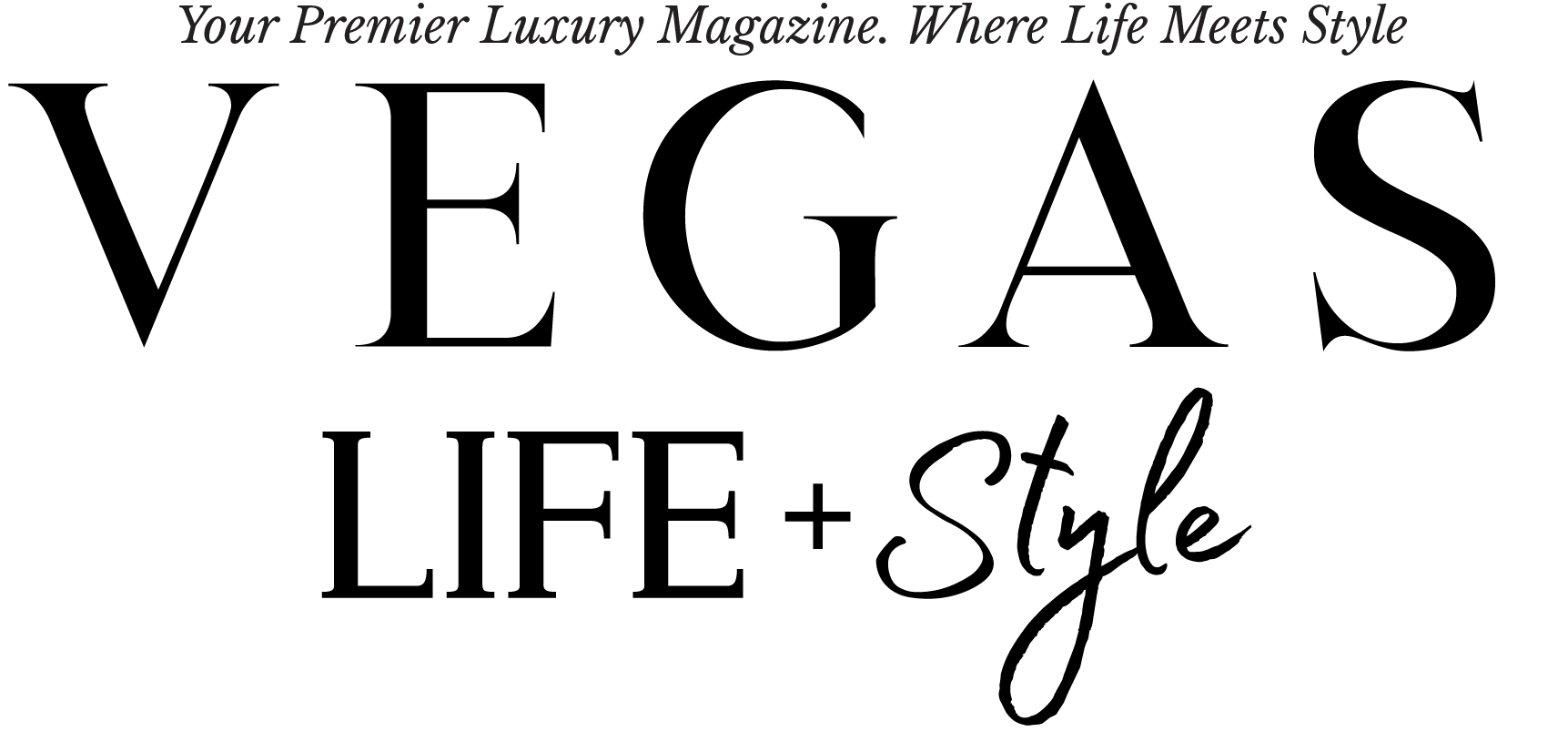
Author: Justin J. Long CFP®
There’s no doubt that last week and over the weekend you may have heard about the Silicon Valley Bank (SVB) debacle and the stock market volatility that has caused, particularly in the financial sector. While we completely understand the fears this may cause, the purpose of this email is meant to put your fears to rest. Given what we know now and why this happened to SVB, this is not a structural problem in the financial sector, but rather a local and concentrated incident.
In our view, SVB’s problems came primarily from two factors. First, its customer base concentration: almost 50% of all venture-capital-backed tech and life science startups in the United States banked at SVB. The bank also held warrants in 3,234 customer companies. Second, SVB management decided to chase yield at the bottom of the rate cycle, buying longer-maturity Treasury bonds, and not hold them to maturity. So, when deposit activity slowed with the tech economy in the past two years, part of its $100 billion Treasury portfolio was sold, but at a loss. Had bank management simply bought (lower yielding) shorter-maturity T-Bills and held them to maturity, its portfolio losses would have been zero and its reinvestments (even into cash) would have been at higher interest rates.
Consensus not only by our investment committee, but the financial industry is that this is NOT a systemic issue insofar as deposits pulled from SVB will likely be deposited with stronger regional or money center banks. This does not appear to be a Financial Crisis 2.0 concern, especially as it relates to real estate lending. At the very least, banks and bank regulators may now require borrowers to prove income.
The second question we have been asked, and rightfully so, given that there are concerns about banks and financial custodians, is “what does this mean for Charles Schwab”? As you know, Charles Schwab is the custodian that we utilize to hold your assets. Over the weekend, Schwab released a statement: Please see below.
For over 50 years, Charles Schwab has prided itself on being a safe, secure, and strong financial institution, the result of managing the firm with a “Through Clients’ Eyes” strategy and effective, disciplined risk management practices. We understand, though, with the heightened attention in recent days, people may still have questions. To the extent there are questions about any impact on Schwab, we want to clarify a few important points:
- Schwab has a broad base of high-quality customers across multiple lines of business, capital well in excess of regulatory requirements, a high-quality and relatively small loan book, and a conservative investment portfolio that is 80% comprised of securities backed by the U.S. Treasury and various government agencies.
- We believe one of the best indicators of the strength and stability of the firm is our client activity. Our February results show that clients entrusted Schwab with more than $41.7 billion in net new assets – our second-strongest February ever following our strongest January ever. Our growth and momentum have continued in March, with daily net new assets of over $2 billion per trading day month-to-date, including Thursday and Friday of last week.
- Following the recent events in the banking industry, we are pleased to see the U.S. Treasury Department, Federal Reserve, and FDIC step in with decisive action to support depositors during this critical time. We think the steps announced today provide an additional layer of protection for individuals and will help boost confidence in the American banking system.
- Collectively, more than 80% of client cash held at Schwab Bank is insured dollar-for-dollar by the FDIC. According to S&P Global Market Intelligence, that percentage is among the highest of the top 100 U.S. banks. As a comparison, the banks in the news the last few days have between 2% and 20% of their deposits insured.
- As a further safeguard, Schwab has access to over $80 billion in borrowing capacity with the Federal Home Loan Bank (FHLB), which is an amount greater than all our uninsured deposits. That helps provide the firm significant access to liquidity, so money is there when clients need it.
- Investments at Schwab are held in investors’ names at the Broker Dealer. Those are separate and not commingled with assets at Schwab’s Bank.
- Schwab does not have any direct business relationship with Silicon Valley Bank or Signature Bank, so we do not have exposure to any direct credit risk from either.
Schwab’s long-standing reputation as a safe port in a storm remains intact, driven by record-setting business performance, a conservative balance sheet, a strong liquidity position, and a diversified base of 34 million+ account holders who invest with Schwab every day. As such, we remain confident in our approach and in our ability to help clients through all kinds of economic environments. We stand ready to support our clients with award-winning service and time-tested expertise.
A key takeaway here is that the funds you have in your Schwab investment accounts are not commingled at Schwab Bank, they are separate entities.
Secondly, Schwab does not have any exposure to SVB, and neither do any of your Diazo managed portfolio’s regardless of your investment portfolio you have with Diazo.
I know that these are trying times coming out of a year that the market was tough on all of us. As always, we appreciate the trust you have placed in us and if there are any questions I can dig deeper on please let me know and we will schedule some time to discuss.
I








